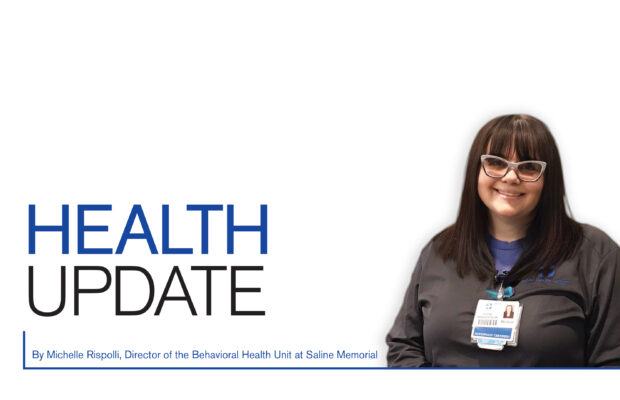Stay Stress-free This Spring

Spring is here. Along with warming weather, blooming flowers, and chirping birds, spring also signals National Stress Awareness Month, observed every April.
Why is Stress Awareness Month so important? Stress can cause depression or anxiety, increased blood pressure and weight gain, and can even lead to heart disease, among other detriments to your health. And while some level of stress is inevitable and can even be positive, it’s essential that we learn how to manage stress to maintain our physical and mental health and protect our overall wellbeing.
Stress, which is your body’s response to any demand or change, can come from a variety of sources, both positive and negative. It can be short-term or long-term and can present itself in a variety of ways.
It’s important to identify the “stressors” in your life—those events or situations that cause you stress—and recognize how your body responds. If you are aware of these factors, you can learn to manage your stress more effectively, which can help you sleep better and fight illness, among other health benefits.
This year, consider improving your approach to stress management with these 10 helpful tips:
• Organize. Prioritize your to-do lists and plan out your time, being realistic about how long tasks will take to complete.
• Adapt. Planning can help prevent stress, but so can being ready to make a change when things don’t go quite as expected.
• Prepare. If you know a stressful event is on the horizon, think through the situation and your options for responding.
• Breathe. Make it a habit to take moments to breathe deeply, stretch your muscles, and relax. Relaxing the body and mind can do a world of good.
• Exercise. Incorporating physical activity into your daily routine can help improve your mood and prevent stress.
• Eat healthy. Give your body lots of energy by eating plenty of vegetables, fruits, and protein.
• Avoid excessive alcohol. And definitely refrain from drinking as a way to manage stress.
• Treat yourself. Read a book, listen to a favorite album, make plans with friends, or enjoy a good laugh.
• Talk to people. Friends, family members or co-workers may be able to help you work through a stressful situation. And verbalizing your stress can help to physically relieve it.
• Ask for help. If you feel out of control, depressed or too overwhelmed to cope, ask your doctor or a mental health professional for help. They can help you navigate and manage your stress.
If you would like to speak to a primary care provider or mental health professional about your stress, call 501.687.0163 or visit the “Find a Provider” tab at SalineMemorial.org.










0 comments